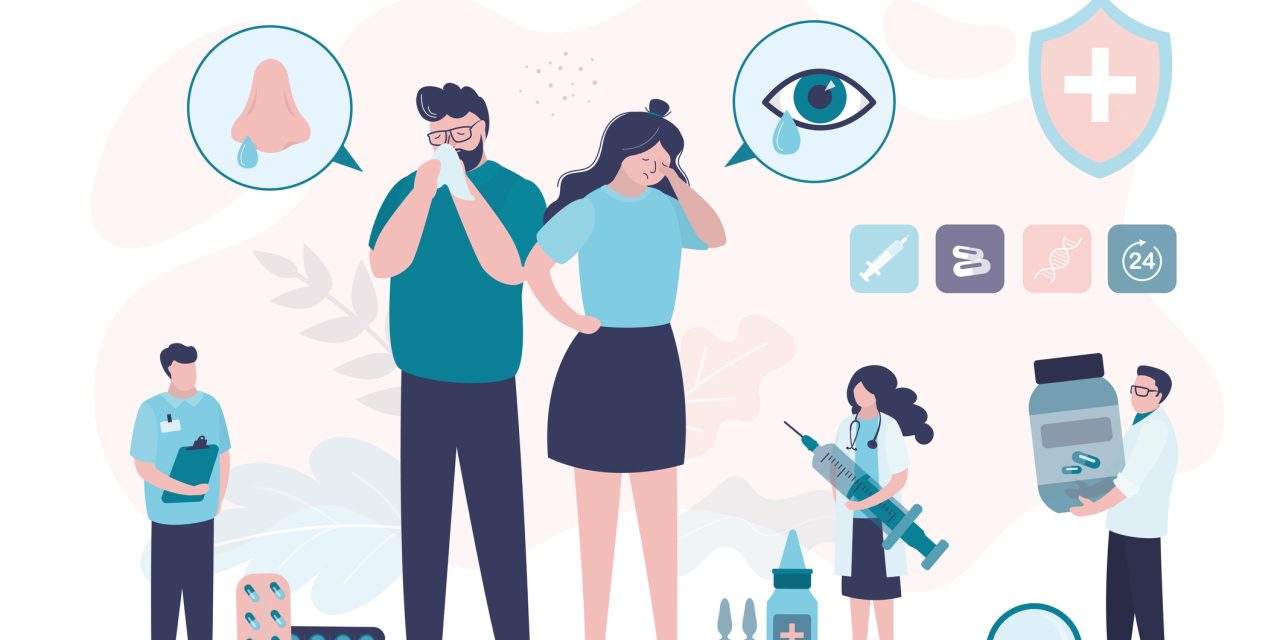Researchers conducted this study to evaluate the cost-utility of the universal Hepatitis B vaccination program in Beijing city.
Researchers constructed a decision-Markov model to determine the universal immunization program’s cost-utility for infants by comparing it with a hypothetical non-vaccination strategy in Beijing. Researchers extracted parameters in models from the Beijing Center for CDC annual work report, Beijing health statistical yearbook, National Health Survey report, Beijing 1% population sample survey report, Beijing Health and Medical Price Monitoring Data Platform, and public works of literature.
The universal vaccination program has increased the utility and reduced cost among infants born in 2016 in Beijing. The ICUR was CNY −24,576.61 per QALY for the universal vaccination program compared with the healthcare perspective’s non-vaccination scenario. Researchers estimated that the universal vaccination would save direct medical treatment costs of CNY 2,262,869,173.50 and prevent loss of 18322.25 QALYs within the target cohort’s lifetime. Discount rate accounted for the most remarkable influence on ICUR is a one-way sensitivity analysis.
The current universal hepatitis B vaccination program in Beijing was highly cost-utility. The investment was reasonable for the current universal vaccination program in Beijing.
Reference: https://www.tandfonline.com/doi/full/10.1080/21645515.2020.1807812


